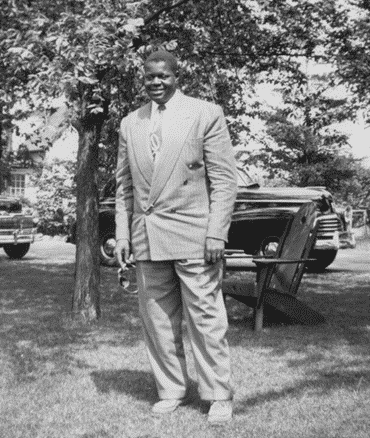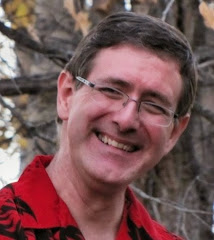
Just like the prodigal son, tired of the family
dynamics, tired of his bossy older brother telling him what to do, one day up
and told off his dad and high-tailing it out of town, leaving the father
shocked, the older brother saying, “I told you so!” and the poor mother in
tears, weeping and wailing as the yelling escalated until the young man stormed
off, never to return.
The family conflict was very serious. In the time of Jesus, his culture was steeped
in honor and shame. Families were very
hierarchical and competitive. Men battled for status like chickens in a coop,
constantly pecking at each other to prove their superiority. Honor was the touchstone of every action, and
when honor was diminished by a child, the whole family was judged. Honor killings were real. From the point of view of North American
values, it is abhorrent, but in the days of Jesus, a breaking of honor could
result in a family losing so much status that their very livelihoods were
threatened. Just as Joseph in our
Christmas story had the responsibility to restore his family’s honor by sending
Mary away, in this story, the father had the responsibility to discipline his
son, and could even have his son stoned according to the law. By demanding his share of the inheritance,
the son had disgraced and dishonored his family in the eyes of the
community. By allowing his son to get
away with it, the father had disgraced and dishonored himself in the community,
proving that he was a weak man and a terrible leader.
That was compounded when the young man returned. The father again disgraced himself in public
by running to his son and welcoming him so lovingly. Again, his emotional excess would have been
condemned by all who saw it.
Jesus used this shocking story to attack the honor
system and the claims of superiority that the Pharisees were asserting when
they criticized Jesus for socializing with dishonorable and shameful
people. He consistently connected with
those who had been hurt and victimized by the high expectations and competitive
toxic culture that left people feeling hopeless and excluded.
We may not be shaped by an honor culture the way the
Pharisees are, but our culture still needs to return home to a healthier way of
relating to one another. Many of you
have heard of the term ‘toxic masculinity’, which is when men feel the
pressures of cultural expectation to be tough, to be unemotional and to seek
power over others to gain status. Even 5-year-old
boys are told to not cry, to suck it up, not be a sissy. Toxic masculinity encourages emotional
detachment and in worst cases can lead to violence against women and
children. When world leaders start wars
and don’t know how to stop them even when they are losing, that’s the ultimate
in toxic masculinity.
We also still get caught up in the shame/blame
dichotomy. It’s very addictive. If I don’t feel good about myself, I can
blame others for my emotional dis-ease.
If I struggle with addictions to unhelpful habits or obsessions, if I
feel that there’s a huge gap between who I want people to think I am and who I
am in private, if I don’t want to admit that I make mistakes, and avoid taking
ownership of my actions, I can get caught up in flip flopping between feeling
shame about who I am, and blaming others for the life I am experiencing. The shame-blame game can escalate until we
drive off to Ottawa and deny that our constant honking and partying is not
hurting the people around us.
How do we come home?
How do we break the shame-blame flip flop? How do we get the big party and the fattened
calf and the bear hugs from someone so incredibly happy to see us return?
The prodigal son hit bottom, feeding the pigs. It was the worst job possible for a boy
raised in a kosher household, unimaginable as far as the Pharisees were
concerned. But he realized that the only
one who had landed him in the pigsty was himself. He chose to admit that he had screwed
up. We practice that every Sunday when
we say words like “When I kept silence, my body wasted away, while I groaned
all day long. Then I acknowledged my sin
to you, my guilt I did not hide.” (Psalm 32) In church talk, that’s
called confession, or in modern psychological jargon, accountability. When we acknowledge where we’ve gone wrong,
where we’ve missed the mark, we shift from shame and blame to accountability
and vulnerability and that, my friends, frees us in so many beautiful ways!
Many of us
have gone through turmoil and conflict these last few years, not knowing if or
how we would have a chance to see family and friends. Many of us have said goodbye to toxic
relationships and wonder if they will ever be saved. Lent is when we take time to become more
accountable to ourselves and others so that we can experience the amazing love
and healing that our loving parent God has for us. The joy that can be ours for the asking, the
healing of our deepest shames as we come home to a loving embrace and a party
that never ends. When I wandered back
into that church so many years ago, I realized that the biggest hypocrite in
the building was me. As the tears
streamed down my face, I had a sense that I was starting an amazing journey
that would take me on many adventures with many wonderful people. That there is always a way back home into
love. May it be so for us all!



